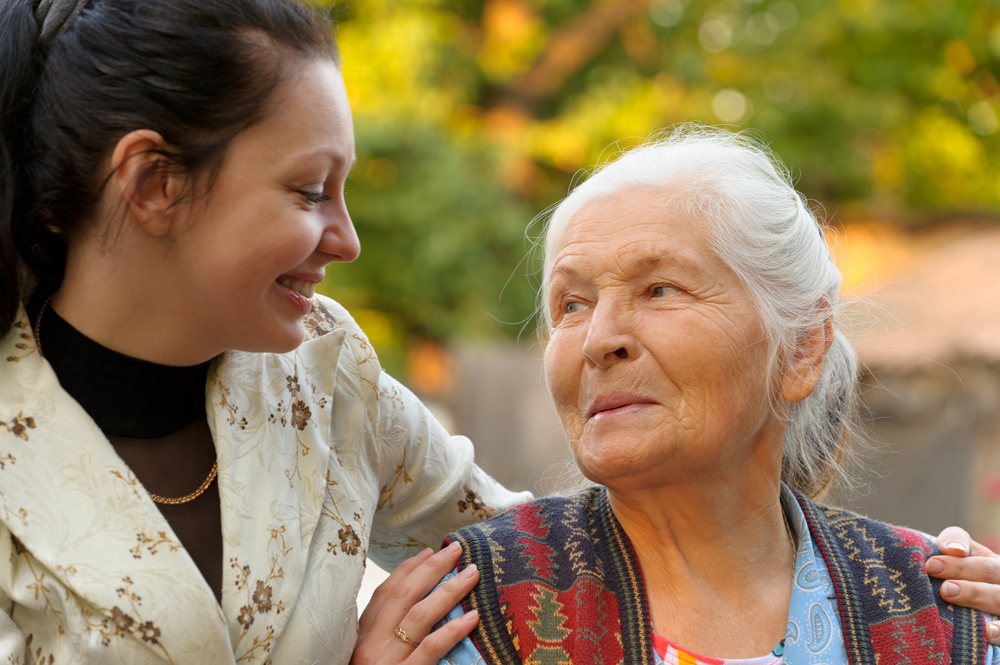Why Are the Elderly Abandoned by Family?
Category:

The thought of abandoning an elderly individual without any assistance from family or caregivers is appalling to most, yet it is frequently a harsh reality. It’s easy to jump to conclusions without fully understanding the situation, however, there could be many factors and limited resources that could result in abandonment. This blog will explore the definition of elder abandonment and the reasons behind it.
The Impact of Elder Abandonment
Elderly abandonment occurs when the person or group of people responsible for the care of an elderly person deserts or otherwise fails to provide the necessary care to the older adult. It is a serious problem in our society and many thousands of people every year suffer from the consequences of this issue. In most states, elder abandonment is considered a form of elder abuse, and caregivers can be held legally responsible. Abandonment of elderly individuals can take various forms and may not always be obvious. Abandonment of elders can involve not providing basic needs like food, hygiene, or medical care, not ensuring safe housing, or failing to cover the costs of care.
As the population continues to age, the issue of abandonment is expected to become more prevalent. When seniors are left by their trusted caretakers, it can cause significant trauma and make it tough for them to express the extent to which the experience has impacted them. Failing to address this issue can have devastating consequences.
Why Are the Elderly Abandoned by Family?
Abandoning your family members, whatever their age, may seem absolutely impossible. But some situations are impossible to judge until you are in them. Additionally, placing your elderly loved one in assisted living or nursing home is not truly abandoning them unless they are not receiving appropriate care at that location, which will be covered later in this article. Some reasons elders are abandoned may include:
-
The family or caregiver has taken care of their elderly loved one to the point of exhaustion and must find alternate care in order to sustain themselves.
-
The family or caregiver is financially, physically, or emotionally unable to care for them. They may not have the skills or knowledge to provide the care they need.
-
Some families do not feel it is their responsibility to care for their aging loved ones.
-
Some older adults do not want their children to care for them.
-
Some families simply do not get along, and seeing each other would cause more harm than good.
-
Some family members do not visit their loved ones because it is too difficult to see them suffer or cope with the pain if their loved one no longer recognizes them.
It can be difficult to understand why someone may choose to place a family member in a nursing home. However, it’s important to refrain from making judgments. It’s possible that there are factors that you’re not aware of that have affected their decision, so it’s important to approach the situation with empathy and understanding.
Download Our FREE Caregiver Stress Guide
Nursing Home Abandonment
Nursing home abandonment is a legal term for when an elderly person does not receive proper and appropriate care in a nursing facility. Generally, we assume that once our loved one is placed in a nursing home, they will have all the care they need. Unfortunately, nursing homes are chronically understaffed, and not all patients receive the care they need and deserve at all times. If your loved one does live in a nursing home, do your best to check in with them and make sure their needs are being met.
If you notice any of the following signs in your loved one, it may indicate that they are not receiving proper care:
- Messy appearance, with dirty clothes and unwashed hair
- Acting depressed or confused without any apparent reason
- No longer participating in activities they once enjoyed
- Sudden and unexpected weight loss
- Developing preventable conditions like bedsores
If you suspect that your loved one is being abused in a nursing home, it’s crucial to take action. Remember, it’s important to approach the situation with sensitivity and respect for all involved parties, ensuring your loved one receives the care and attention they deserve.
Subscribe
Date: 2023-07-27
Category:


